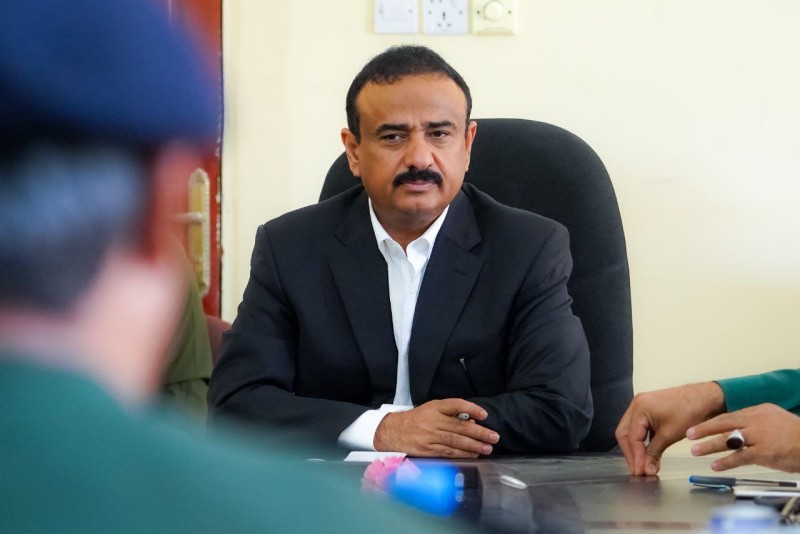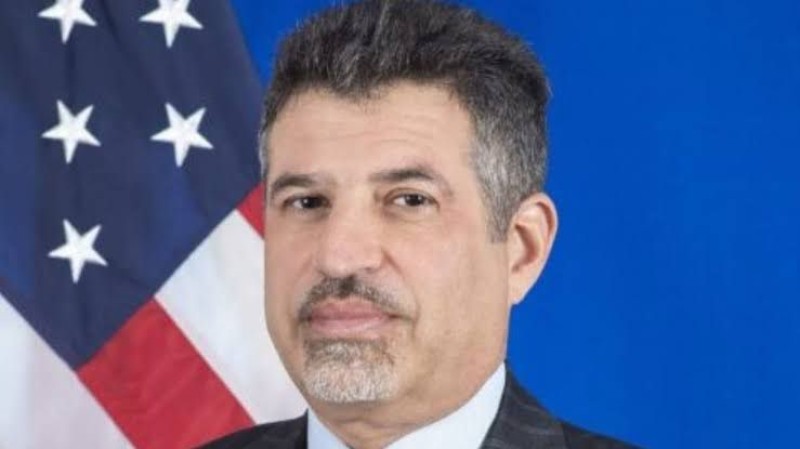Salvage Team Departs FSO Safer After Completing Oil Transfer Project


The salvage team in the UN-led effort to remove the oil from the dilapidated FSO Safer departed the site on Monday, August 29, marking the completion of the project. UN officials thanked the team from Boskalis’ SMIT Salvage for completing the complex task which adverted a potential environmental disaster.
After completing the transfer of approximately 1.1 million barrels of oil that had been stored aboard the Safer since 2015, the team undertook a final series of tasks. The transfer was declared over on August 11, two and a half weeks after it began on July 25. The salvage team had prepared the machinery aboard the Safer for the transfer and stabilized the storage tanks which had not been properly vented in years. Equipment was standing by in case of a spill but they were able to complete the transfer without a serious incident.
During the last two weeks, the tanks aboard the Safer were scrapped and cleaned to remove as much residue as possible. The material was also transferred to the replacement tanker Nautica which had been acquired from Euronav and was renamed Yemen by the local government after the UN transferred the ship to Yemen.
The tanker was repositioned on Sunday evening, August 27, to remain a safe distance from the FSO Safer. The older tanker, which was built in 1976 and had been functioning as a storage and transfer point approximately four miles off the coast of Yemen since 1988, has been prepared for recycling. The UN is responsible for arranging for the recycling of the vessel while the replacement tanker will take its place holding the oil which is claimed by the Houthi faction which controls that area of Yemen.
The Boskalis vessel Ndeavor, which had been alongside the FSO Safer since the end of May accommodating the SMIT team, departed Yemen on August 28. It is sailing to Djibouti where the salvage team will disembark and the vessel will then continue on its trip back to Rotterdam.
“The completion of the work marks the end of a pivotal chapter in the UN-led operation to address the threat of a major oil spill that have been caused by a leak in or destruction of the Safer tanker,” said UN spokesperson Stéphane Dujarric during his daily briefing on Monday. “The United Nations and the broad group of partners that support the Safer project have so far succeeded in preventing the worst-case scenario of a massive oil spill in the Red Sea which with obvious potential catastrophic environmental, humanitarian and economic repercussions.”
UN officials highlighted that they still need to raise an additional $22 million beyond the $120 million already committed to the project. They are awaiting the delivery of a new mooring buoy that will be installed for the Yemen. They also need to arrange for the towing and scrapping of the FSO Safer. Experts working with the UN previously determined that the Safer was beyond repair and in imminent danger of a structural failure. The vessel had only received minimal maintenance since operations were suspended eight years ago during the civil war.
The execution of the project lasted nearly 13 weeks. Officials highlighted that the project required years of planning with many world leaders acknowledging the UN was the only organization that could have undertaken the task, dealing with the political sensitivities of the Yemen civil war.

Shabwa – The Governor of Shabwa, Awad Mohammed bin Al-Wazir, has directed the Director General of Police in the governorate to urgently take…

Muscat – The Office of the UN Special Envoy to Yemen said Monday that UN Secretary-General António Guterres discussed the overall situ…

Riyadh — U.S. Ambassador to Yemen, Steven Fagin, on Monday underscored Washington’s commitment to the unity of the Presidential Leaders…